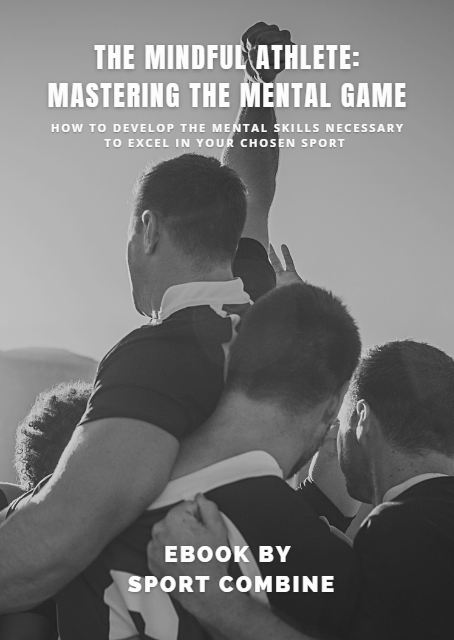The Benefits of Mindfulness for Athletes: Unlocking Peak Performance
Mindfulness, often associated with meditation and relaxation, has emerged as a powerful tool for athletes seeking to optimize their performance. In the fast-paced and highly competitive world of sports, athletes are constantly pushing the boundaries of their physical capabilities. However, the mental aspect of their training and performance is equally crucial. By cultivating mindfulness, athletes can unlock their full potential, harnessing the power of the mind to enhance their athletic prowess.
In this article, we will delve into the benefits of mindfulness for athletes, exploring how this practice can positively impact their focus, stress management, recovery, and mental resilience. Let’s explore how embracing mindfulness can lead to peak performance on and off the field.
The Benefits of Mindfulness for Athletes
1. Enhanced Focus and Concentration
Athletes who practice mindfulness regularly report improved focus and concentration. By training the mind to stay present in the moment, athletes can maintain their attention on the task at hand. Mindfulness helps athletes tune out distractions, such as crowd noise or pressure, allowing them to stay fully engaged in their performance. This heightened focus enables athletes to make split-second decisions, react swiftly, and perform at their best.
2. Effective Stress Management
Competitive sports often come with intense pressure and stress. Mindfulness equips athletes with the tools to effectively manage stress and stay calm under pressure. Through practices like deep breathing and body scans, athletes can regulate their physiological responses to stress, promoting a state of relaxation. By reducing stress levels, athletes can avoid performance anxiety, maintain clarity of mind, and perform with composure.
3. Improved Recovery and Injury Rehabilitation
Injuries are an unfortunate reality in the world of sports. Mindfulness can play a pivotal role in the recovery and rehabilitation process. By cultivating a mindful approach, athletes can foster a deeper mind-body connection, enabling them to listen to their bodies’ signals and respond appropriately. Mindfulness practices, such as visualization and body awareness, can expedite the healing process and aid in injury prevention by promoting better movement patterns and alignment.
4. Mental Resilience and Emotional Regulation
The ability to bounce back from setbacks and maintain emotional balance is crucial for athletes. Mindfulness helps athletes develop mental resilience, allowing them to navigate challenges and setbacks with greater ease. By cultivating self-awareness and emotional regulation through mindfulness practices, athletes can manage negative emotions, such as frustration or self-doubt, and maintain a positive mindset. This resilience is key to overcoming obstacles and performing consistently at a high level.
5. Improved Sleep Quality
Quality sleep is essential for athletes to recover, recharge, and perform at their best. Mindfulness practices, such as guided relaxation and meditation, can promote better sleep quality. By calming the mind before bedtime, athletes can quiet racing thoughts, reduce pre-competition jitters, and improve sleep onset. Enhanced sleep quality contributes to faster recovery, sharper focus, and increased energy levels, providing athletes with a competitive edge.
Frequently Asked Questions (FAQs)
Q: How long does it take to see the benefits of mindfulness for athletes?
A: The benefits of mindfulness can vary from person to person, but many athletes report experiencing positive changes within a few weeks of consistent practice. However, it’s important to note that mindfulness is a skill that requires ongoing cultivation and commitment.
Q: Can mindfulness replace physical training for athletes?
A: No, mindfulness is not meant to replace physical training but rather complement it. Mindfulness enhances an athlete’s mental and emotional state, allowing them to maximize the benefits of their physical training and perform at their peak potential.
Q: Can mindfulness help with sports-related anxiety?
A: Yes, mindfulness can be an effective tool for managing sports-related anxiety. By practicing mindfulness, athletes can cultivate a calm and focused mindset, reducing anxiety and enhancing their overall performance.
Conclusion
The benefits of mindfulness for athletes are vast and can positively impact their performance on multiple levels. From improved focus and stress management to enhanced recovery and mental resilience, mindfulness offers a holistic approach to athletic training and well-being. By incorporating mindfulness practices into their routines, athletes can unlock their full potential, achieving peak performance and thriving both on and off the field. So, why not embrace the power of mindfulness and elevate your athletic journey to new heights? The benefits are waiting to be discovered.
Dowload our free ebook “THE MINDFUL ATHLETE: MASTERING THE MENTAL GAME”



